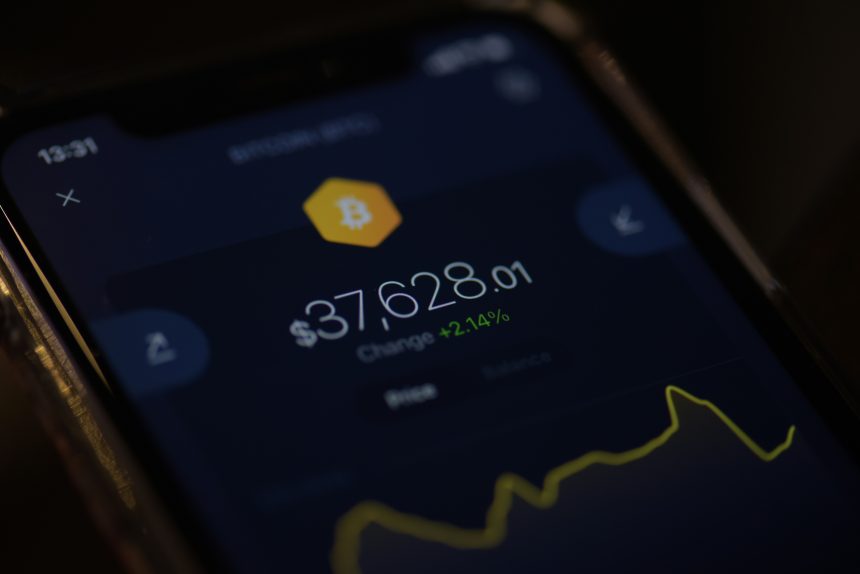On September 1st, Nana Kwame “Cheddar” Bediako, one of the most visible independent candidates in Ghana’s upcoming electoral election, unveiled his manifesto for his political campaign.
In a presentation of his 12 pillars of economic role, he outlined plans for building a technology hub where he stated that he would build more local data centers which would be used to help mine cryptocurrencies.
Here’s why that’s not a great idea, especially in a country like Ghana.
What is Cryptocurrency Mining?
Cryptocurrency mining is the process that validates transactions and mints new digital currency including Bitcoin. While it has been lauded for its role in maintaining the security and integrity of blockchain networks, it also faces criticism for its environmental, economic, and social impacts.
Economic Considerations
From an economic standpoint, the costs associated with crypto mining are substantial. The initial investment in mining hardware can range from $2,000 to $20,000, making it a high barrier to entry for individual miners and even governments.
Additionally, the ongoing expenses of electricity, cooling, and maintenance add to the financial burden, with some estimates suggesting that the cost of mining a single Bitcoin can exceed its market value in various countries.
Energy Consumption and Climate Impact
One of the most significant concerns about crypto mining is its massive energy consumption. The process requires a considerable amount of computational power, which translates into high electricity usage.
Bitcoin mining alone consumes around 121.36 terawatt-hours (TWh) annually, which is more than the entire country of Argentina. This is due to the intensive computational power required to solve complex mathematical problems for transaction verification.
Ghana has been facing power issues this year due to payment issues with independent power producers. The country also had power generation issues leading to power outages for most areas in the country. Crypto mining is more likely to exacerbate the country’s issues.
Electronic Waste and Pollution
Crypto mining hardware has a relatively short lifespan, leading to significant amounts of electronic waste. As technology advances and mining becomes more difficult, the turnover rate for mining equipment increases, exacerbating the problem of e-waste disposal.
Regulatory Challenges and Future Outlook
While cryptocurrency mining plays a crucial role in the functioning of digital currencies, its environmental and social costs cannot be overlooked.
With some countries looking at Central Bank Digital Currencies as well as stablecoins, mining of cryptocurrencies might be imperative, especially for a country like Ghana which faces challenges including power generation and e-waste issues.
Catch up on news and other tidbits on our WhatsApp Community Page, Twitter/X, and subscribe to our weekly newsletter to ensure you don’t miss out on any news.










